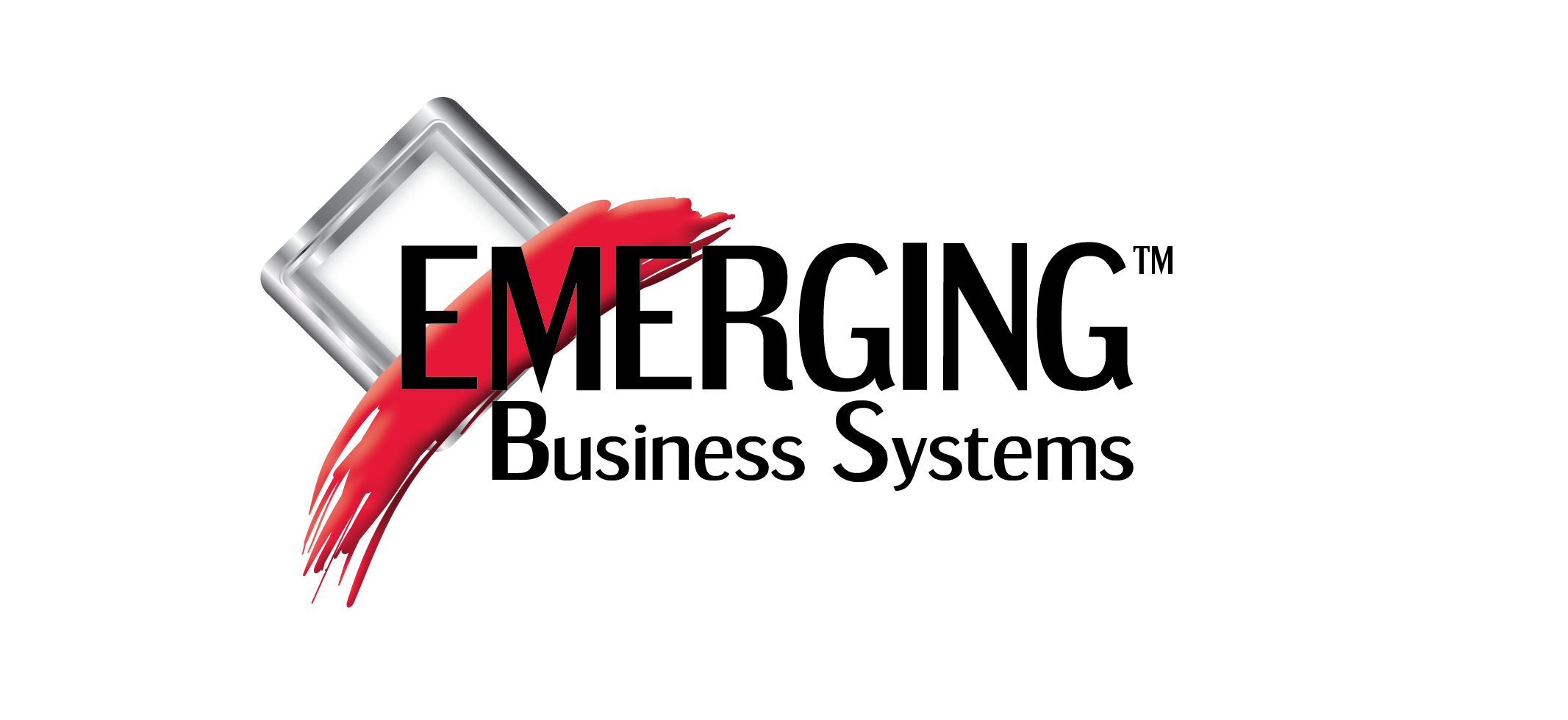
The Differences Between Domain, Web And Email Hosting
The terms web hosting, domain name, and SSL certificate all sound like a foreign language! It might seem like a waste of time, but as a new Website Owner, it’s important to understand.
All the time, clients ask us to sort out this technical nightmare. Our most common questions are related to Domains, Websites, and Email Hosting, and how they all work together.
Below we’ve summarized each of the three points to avoid confusion and minimize headaches.
Domain Name And Domain Host
A ‘Domain Name’ is your Website’s address, or ‘URL’, and identity on the Internet, which will sometimes look like this – www.yoursmallbusiness.com. A domain name system (DNS) is a way of allowing Internet users to access a Website directly through an easy-to-remember name, as opposed to using a numeric IP address, like 12.34.56.7.
A Domain Host is something like your local government body that controls the licensing and ownership of your Domain Names and how you access your associated Website. Consider it this way: when you own your own Website, you’re essentially renting space on the Internet, and the Domain is your address.
Domain Hosting comes with license fees or costs that are separate from any Website or Email service you use. Many companies offer a stand-alone Domain Name registration service. You can do this without purchasing hosting services.
It is possible for some Website Hosting companies to bundle all these services into one, making it easier to manage both your Domain Name and your Website.
A small business can purchase it’s DomainName, however it can be hosted by another company.
The registration of a domain name secures a specific internet address and prevents anyone else from using it on the Internet. It is the same as having a copyright for your business’s Internet name, just as you would for your normal business name.
Web Host
Website Hosting involves storing all the files that make up your Website. A Domain Name is equivalent to your home address; a Web Host is similar to your apartment or house.
Hosting services store your Websites’ files and make them accessible from any computer with an Internet connection. In the earlier example of www.yoursmallbusiness.com, the Domain Name is actually associated with an IP address which identifies a specific computer. A user enters your Domain Name into their search tab, the IP address is located, and your Website is then loaded from your Web Host.
As a simple example, if you place the files for your Website on your Web Host’s servers, your Domain Host will point to those files when someone types your URL. Think of it as when a SIM card is inserted into a phone. The SIM card instructs the phone to work with a specific number.
It is however possible to set up a Domain Name so that it works with a different Web Host company, somewhat similar to replacing a SIM card with another and having your phone work as before but with a new number.
As a general rule, consider your Web Host responsible for making your Website available globally.
Email Host
Email hosts serve as servers where your emails are stored, much like a computer that acts as a directory. The Email is then transferred directly to an Email Server, where it is stored and can be accessed at any time.
Hosting an email account entails renting out space and managing servers, just like Web Hosting. Email hosting companies generally provide a premium service, which is different from free webmail services like Yahoo! and Gmail. Email Hosting providers like these cater to more demanding users like small to medium-sized businesses, which require their own domain name in order to distinguish themselves.
In addition to hosting websites, many Web Host Companies will be able to handle businesses’ email accounts on the same server. In the event that your Website goes down for some reason, your emails will also go down. Having no email can have a crippling effect on your bottom line for many companies, especially small businesses that rely on constant communication between staff members and customers. It’s for that reason that we recommend that your Small Business chooses a dedicated Email Host – it’s just easier to manage and not as expensive if something goes wrong.
Once you understand how Web and Email Hosting works, understanding the dynamic between a domain name and hosting service won’t be so difficult.
